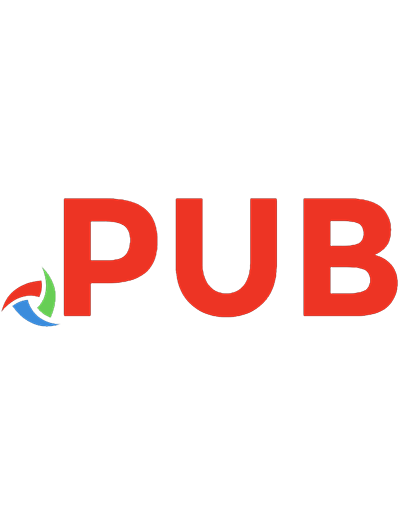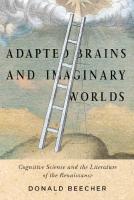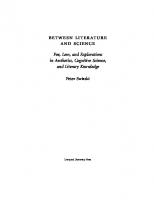Adapted Brains and Imaginary Worlds: Cognitive Science and the Literature of the Renaissance 9780773598522
Building bridges between brain science and fictional creations may be literary criticism’s most pressing new challenge.
167 92 3MB
English Pages [495] Year 2016
Table of contents :
Cover
Title
Copyright
Contents
1 On the Obsessions of Selfhood: Doctor Faustus and the Dramatization of Consciousness
2 The Biogenesis of Ethics and the Challenge of Shakespeare's Measure for Measure
3 On the Emotional Intentionality of Criminal Protagonists: The Yorkshire Tragedy
4 On the Systemic Properties of Recollection: Emboxed Narratives and the Limits of Memory in Edmund Spenser's The Faerie Queene and Thomas North's The Moral Philosophy of Doni
5 Crying and the Ambiguity of Shakespeare's All's Well That Ends Well
6 Toward a Cognitive Theory of Proverbs: The Dialogue of Solomon and Marcolphus
7 Romance and the Universality of Human Nature: Heliodorus, Aethiopica and Robert Greene, Menaphon
8 Suspense . . . .
9 Laughter's Shortfall: The Aesthetics of Renaissance Tragicomedy, The Witch of Edmonton and The History of James the Fourth
10 Cognition, Conversion, and the Patterns of Religious Experience: Francesco Petrarch's Familiar Letters, IV. 1
11 Folk Psychology and Theory of Mind: John Marston's The Fawn
Notes
Bibliography
Index
A
B
C
D
E
F
G
H
I
J
K
L
M
N
O
P
Q
R
S
T
U
V
W
Y
Z










